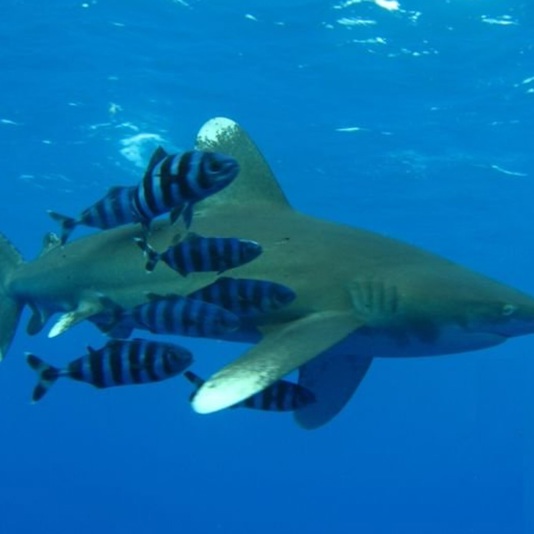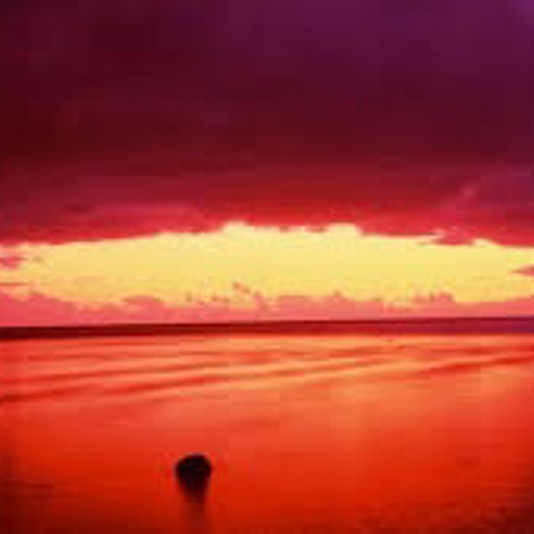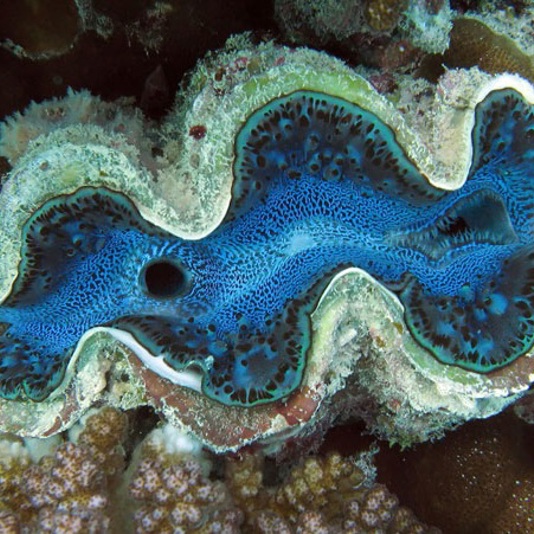21 Dec
2022Friends, today we start a series of articles about the Red Sea.
Friends, today we start a series of articles about the Red Sea.
This is the first post, and today we will get to know the Red Sea better, learn something very interesting and finally understand — why is it called so?
Geography
The Red Sea is located between Asia and Africa and is in contact with Egypt, Sudan, Djibouti, Eritrea, Saudi Arabia, Yemen, Israel and Jordan.
No rivers with a constant current flow into it and nothing brings silt or sand into its waters, so the water there is crystal clear.
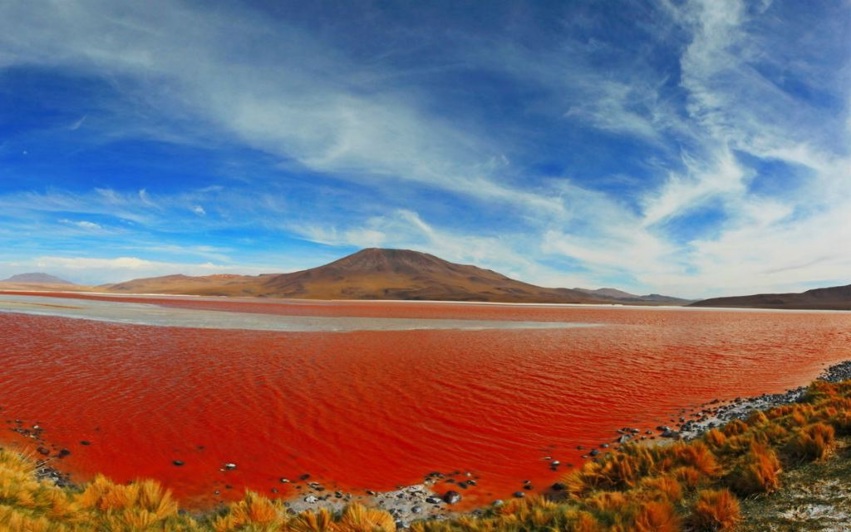
The name
Interestingly, the Egyptians called it The Sea of Heh. It is an Egyptian god, a personification of infinity.
There are three versions of the origin of the modern name:
The first version is a trivial error in the Arabs' reading of the name of the people Himyar. If you write the name in Arabic letters, it will be read as "Red".
The second version is the peculiarities of the traditions and beliefs of the ancient peoples: many folklore associates colors with the sides of the world. The Arab peoples linked white with the south, and black with the north. Therefore, the "Black Sea" is not the black water, but the "northern" sea for them.
And the third option is the reason for the seasonal flowering of special algae rich in Phycoerythrin. It has a red or brown color, so sometimes the water looked really red.
Features
This is a diver's paradise, famous all over the world. You can find butterflies, parrots, clowns, angels, squirrels and even napoleons underwater here!
Actually, these are all the names of the fish that live in these waters.
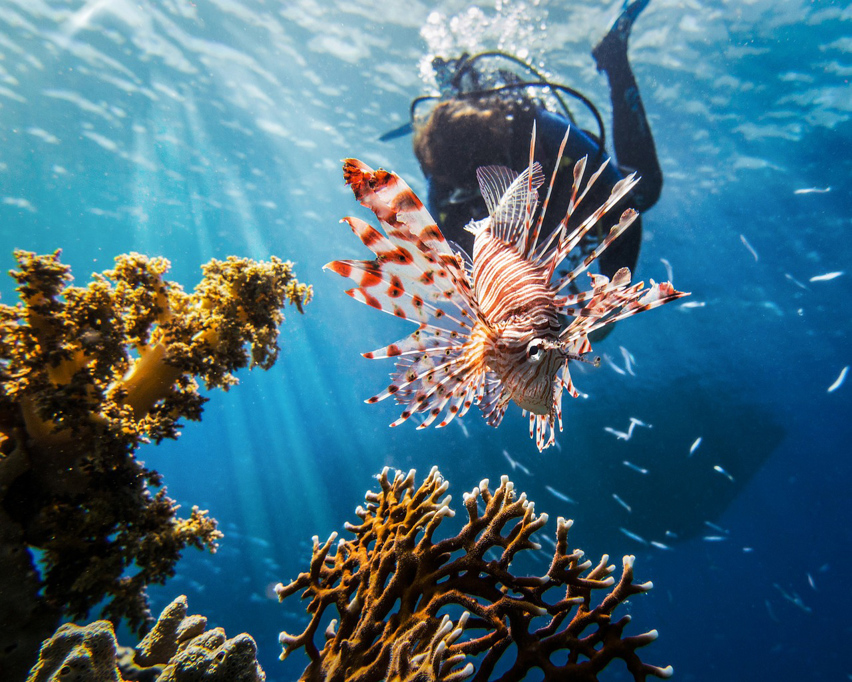
There is a giant coral reef here. The water of the Red Sea is one of the most salty in the world's oceans, always warm, and in some places at depths abnormally salty hot. Millions of travelers from around the world believe that without visiting the Red Sea you have not seen the world.
We will continue to learn more about this amazing sea, detailing every aspect of it.
Don't miss the next article: in it we'll elaborate on the fauna of the region. It's going to be awesome!

